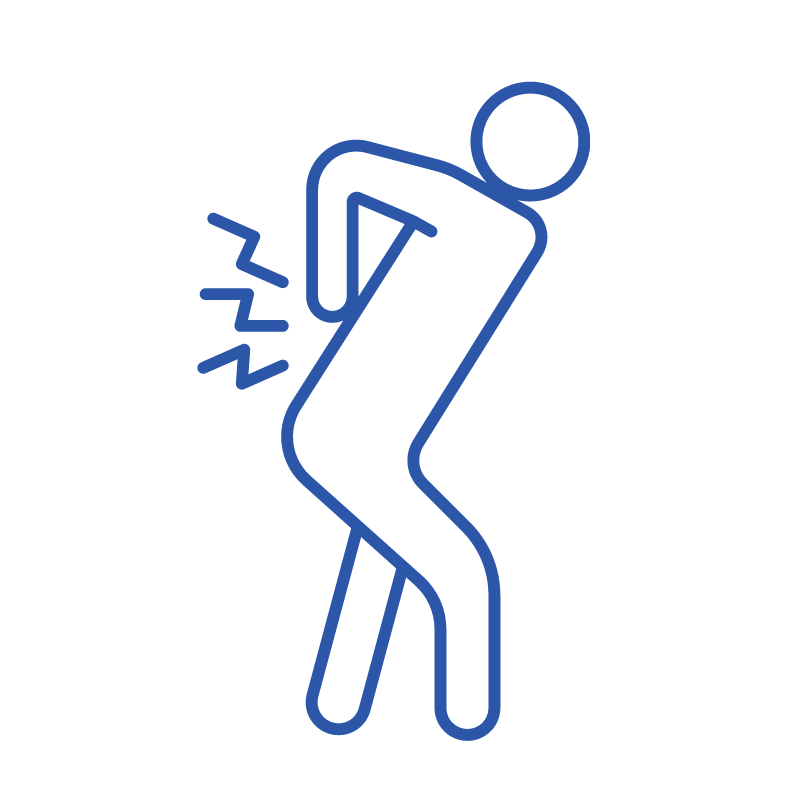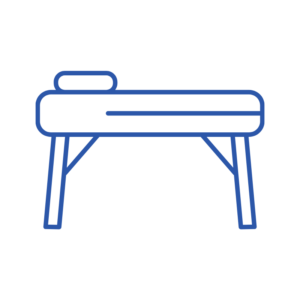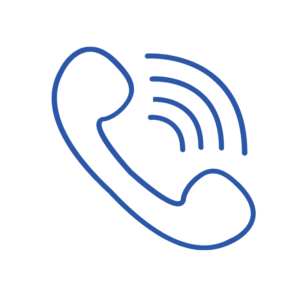Lumbar spondylosis is a condition involving the natural wearing down of bones, cartilage and ligaments of the spine in the lower back area.
At Vitalis Physiotherapy, our specialised treatment aims to:
Lumbar spondylosis is a condition involving the natural wearing down of bones, cartilage and ligaments of the spine in the lower back area.
At Vitalis Physiotherapy, our specialised treatment aims to:



Spondylosis is a term referring to the natural wearing down in the lower back, referred to as the lumbar spine. This area of the spinal column is comprised of vertebral bones, discs, ligaments and cartilage. Lumbar spondylosis can also be called arthritis or osteoarthritis of the back. Bone spurs (bones rub against each other), thinned discs, thickened ligaments and cartilage loss are all part of spondylosis.

As one gets older, the spine undergoes changes as a result of normal wear and tear over the years. Additional risk factors include obesity, smoking history, sedentary lifestyles, high impact activities and other conditions (e.g., diabetes, IBS, Lyme disease, etc.)
There are typically 5 main causes of lumbar spondylosis:


As there are different causes and presentations of lumbar spondylosis, you may be referred to get scans (X-ray, MRI and/or CT). A physiotherapist will then be able to assess the severity of the condition and the treatment required. Timely diagnosis and treatment can prevent lumbar spondylosis from developing into a chronic condition.
At Vitalis Physiotherapy, we tailor a treatment plan to best fit your recovery goals through:
Your physiotherapist may also advise heat or ice application, rest and if necessary, pain medication. Additionally, they might recommend for you to use spinal support (braces), a Therapeutic Pillow, or to improve gait and posture through custom foot orthotics and other supportive footwear options.
If you have lumbar spondylosis, or you’re looking for a ‘physiotherapist near me’, our physios at Vitalis Physiotherapy can assess your condition to tailor a unique rehabilitation plan to aid in your pain relief and recovery. They may also refer you to get scans in some severe cases to better understand your needs.
All you need to do is just give us a call on 0410 559 856 and request an initial appointment. Please let our friendly reception staff know the background and severity of your condition.
You can visit our FAQs for more information about appointments at Vitalis Physiotherapy.

Are you in pain caused by lumbar spondylosis? Contact Vitalis Physiotherapy now to book in your treatment.
Call our friendly team on 0410 559 856. We’d love to help.
3/58 Oldfield Road, Sinnamon Park Qld 4073